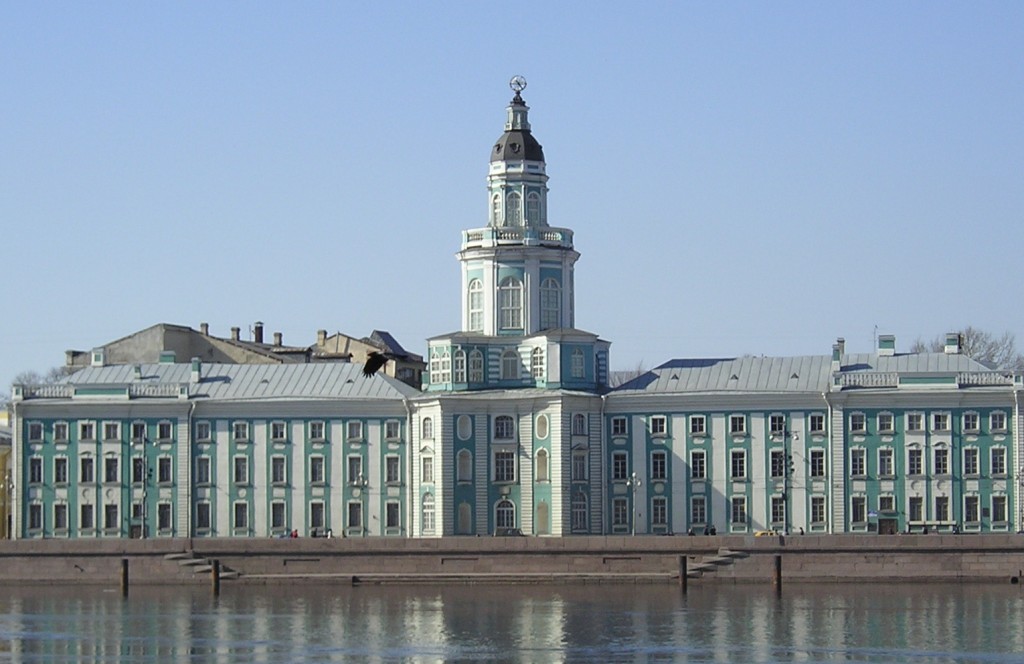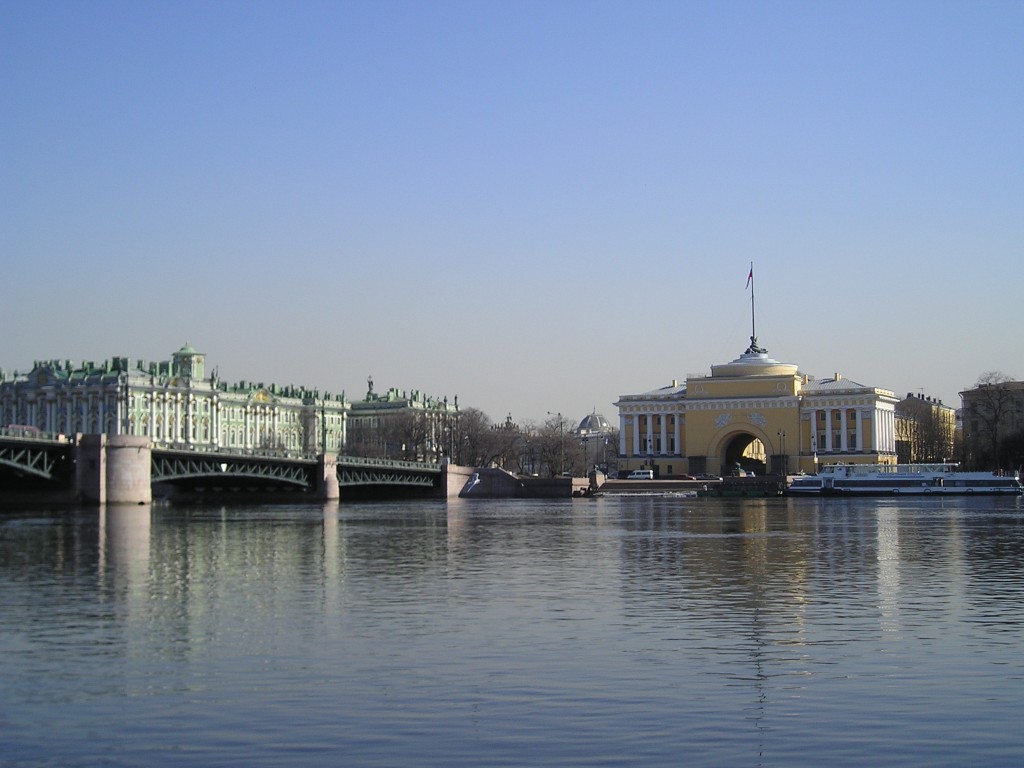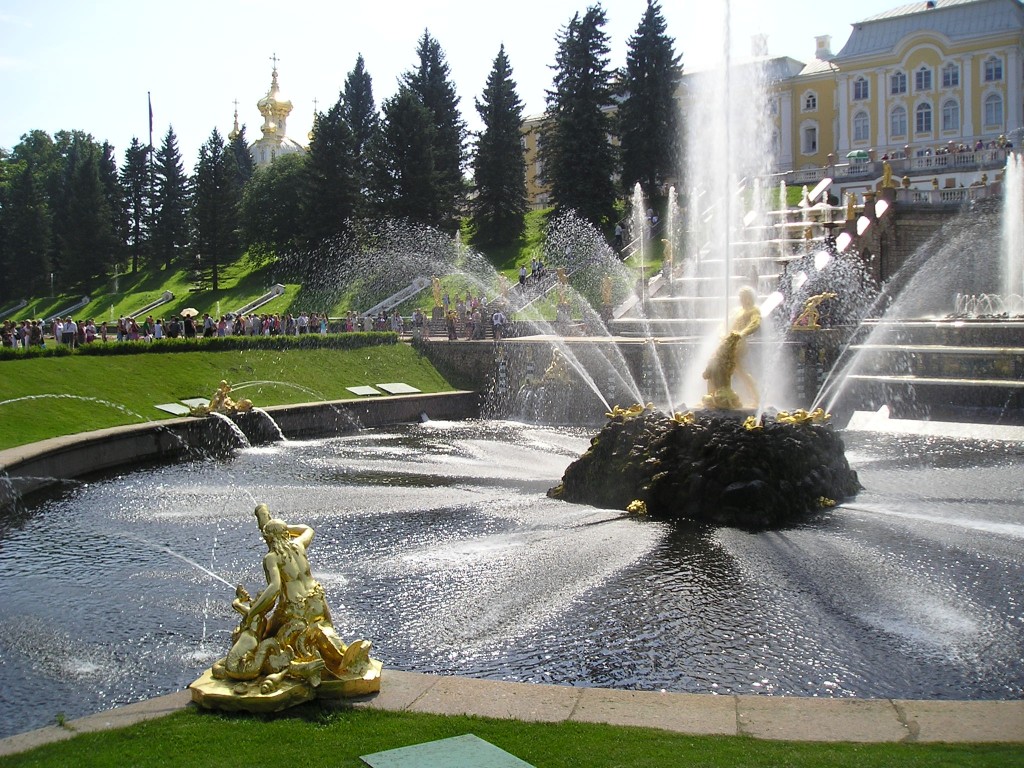Witnessing a random incident of thuggery in St. Petersburg’s historic centre, Peter Campbell raises the question of how and what we observe, experience, remember and report.
When it comes to describing any culture or society, a relationship is always developed between the observer and the observed, making the description as much a reflection of the narrator as it is of the society. A good observer will appear to provide a more accurate or balanced account than a poor observer but nonetheless these observations always reflect the interests, experiences and mood of the person doing the observation – as these affect what the observer notices and how he/she interprets what is witnessed. We often see what is expected or desired or what is intrinsically interesting to our nature.
I was drinking coffee with a friend of mine outside when I started musing about subjectivity as I watched a busker. In Russia, together with culture and intellectual stimulation I have witnessed much that is brutal. I have considered this an integral part of Russia, one of its contrasts which makes the country so interesting and challenging. However, I had a friend who had spent much time in Russia – he was a reformed drug user. When I started talking to him about our experiences in Russia his overall perception was similar to mine but his specific experiences were quite different. He complained about drug use. If you look at the statistics drug use is apparently quite high, but I’ve never seen anything associated with it and refused to believe people who said the particular district I lived in was known for its use. This friend seemed to regularly come across evidence of it. He described one particular scene when he was taking the stairs down after visiting friends in the early afternoon. At the end of one flight stood a male and a couple of women with a two small kids running about. A woman was undoing a tourniquet wrapped round the arm of the other woman. The man held a syringe in his hand and was saying “Your turn,” and the children rushed around their legs, seemingly oblivious to what their parents were doing – for the moment.
I remembered the description of the scene as it was so different to the sort of experiences I encountered but I thought back to it the other day as I watched this busker. He looked like an old punker, seemingly in his late 30s with a Mohawk and an arm covered in tattoos but thinking back now, he was probably in his early thirties – men age quickly in Russia, especially when you have his sort of lifestyle. He was unshaven and looked like he hadn’t washed in about a month. He sat down on the steps of a monument to Peter the Great, hoisted his guitar out of a tattered bag and began to play. Worse still, he started to sing. There are few things that the English language lacks words to describe – his singing is one of them. So bad was it, that someone gave him a 5000 rouble note (about US $150) after about five minutes, which I thought was probably meant to be a bribe to get him to leave. I love listening to buskers, even when they aren’t very good but this one was definitely bad for business and if he had started singing before we took our seat, I doubt we would have chosen to sit outside.
The performance continued some 10-20 minutes and was brought to an abrupt end. Three men approached the punker. The ringleader was lean, sallow and dirty and probably approaching 40. He looked like he hadn’t showered for a couple of weeks, but his clothes were slightly less tatty. He put his hand out and took the guitar from the punker, as if he intended to play a little himself. He then placed the neck of the guitar over his shoulder and started abusing the punker saying that he couldn’t play and couldn’t sing. Having listened to the punker some 20 minutes I was inclined to agree with the thug, but it did seem a little rough on the punker who seemed good-natured. One of the thug’s henchmen then took all of the busking money and after several minutes mocking and threatening the punker, the trio retreated to a seat nearby where they continued to drink. From time to time it looked like the thug intended to play the guitar himself, and then he seemed to change his mind and looked as though he was contemplating destroying it. Finally, a girl approached him and persuaded him to give the guitar to her.
In the meantime, the punker and his buddy continued to sit by the monument looking dejected and unhappy. The girl then brought the guitar back to him, and he considered playing again but neither his friend nor the girl seemed to think this was a particularly good idea and so they moped around a little longer before wandering down the lane.
It was one of those curious reminders that thuggery was still not far below the surface, although, it is the first I have seen of it since returning to Russia and is a dramatic contrast to what I mostly witness now.
The following day I was taking the metro. Sitting opposite me were an attractive young lady in a grey business suit, and a very large male who took up enough space for three or four attractive young ladies. At the next metro station he stood to leave, but before leaving had to put his clothes in order. He pulled up his sweater above his beer belly, which started at his arm-pits, with a substantial amount of effort – indicated by much puffing – he retied the string on his track-pants (you can tell that this gentleman was an example of high fashion). The attractive young lady in a business suit and myself exchanged amused glances as he prepared to make his grand exit from the train. Then, having put himself in order, the train came to a stop the doors opened and said gentleman turned to Attractive Young Lady and gave her a million dollar smile, as if he was the reincarnation of Don Juan. The juxtaposition of the entire scene looked like it was made for some comedy skit.
There are plenty of smaller scenes that demonstrate humour or simply good nature in Russia, like the one described above. That day I noticed several amusing vignettes that have since faded from memory. I wonder now whether these small experiences of good nature are ongoing and one of the things which makes Russia a nice place to live despite the difficulties that arise, but that I rarely notice on a conscious level and it was only in opposition to the experience of the previous night that I began to notice consciously what is an everyday occurrence. Much like the experiment when you get people to spend 20 seconds noticing how many red items there are in a room – pause to count them now.
And answer aloud, how many blue items are there?
The two experiences in close succession made me question how much of the experience of life that we consciously register is simply a representation of your own psyche? The idea is not new of course, being the foundation of relativism and post modernism, but it does make you wonder how much of our experience is of our own choosing.
Be sure to like Intrepid Adventure on Facebook and check out Peter Campbell’s latest books on Amazon.com.
Copyright © Peter Campbell 2014, www.intrepid-adventure.com







